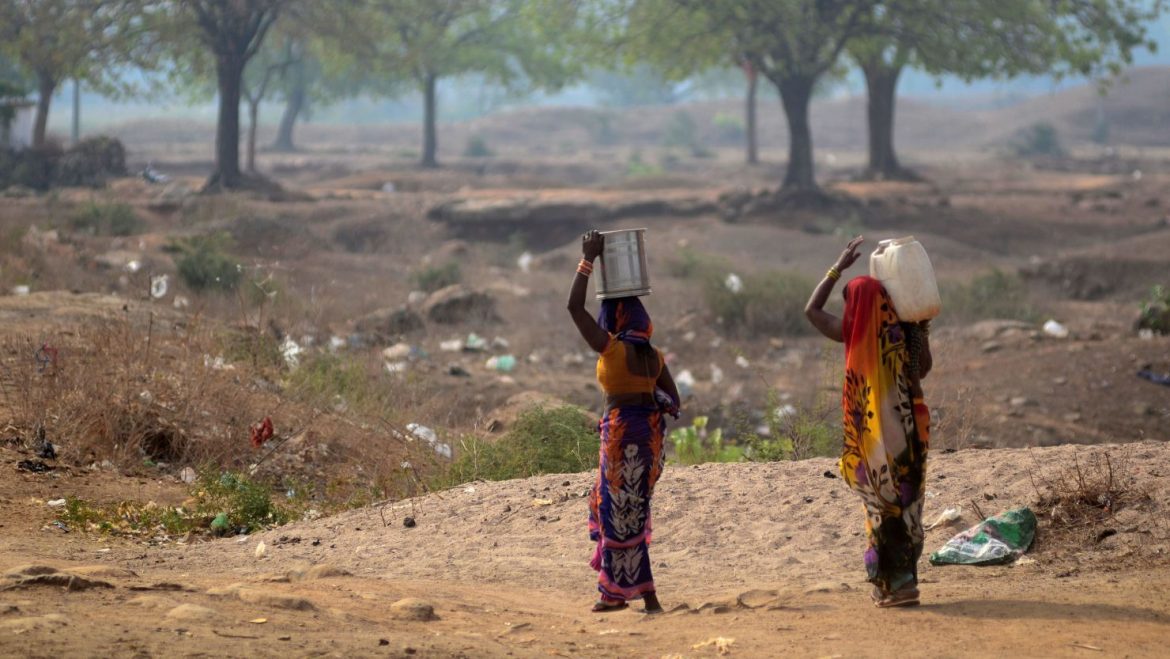Experts have warned that more than half the world’s food production will be at risk of failure within the next 25 years as a rapidly accelerating water crisis grips the planet, unless urgent action is taken to conserve water resources and end the destruction of the ecosystems on which our fresh water depends.
Half the world’s population already faces water scarcity, and that number is set to rise as the climate crisis worsens, according to a report from the Global Commission on the Economics of Water published on Thursday.
Demand for fresh water will outstrip supply by 40% by the end of the decade, because the world’s water systems are being put under “unprecedented stress”, the report found.
The commission found that governments and experts have vastly underestimated the amount of water needed for people to have decent lives. While 50 to 100 litres a day are required for each person’s health and hygiene, in fact people require about 4,000 litres a day in order to have adequate nutrition and a dignified life. For most regions, that volume cannot be achieved locally, so people are dependent on trade – in food, clothing and consumer goods – to meet their needs.
Read also: New York officials wants big oil to be prosecuted for fueling climate disasters
Some countries benefit more than others from “green water”, which is soil moisture that is necessary for food production, as opposed to “blue water” from rivers and lakes. The report found that water moves around the world in “atmospheric rivers” which transport moisture from one region to another.
About half the world’s rainfall over land comes from healthy vegetation in ecosystems that transpires water back into the atmosphere and generates clouds that then move downwind. China and Russia are the main beneficiaries of these “atmospheric river” systems, while India and Brazil are the major exporters, as their landmass supports the flow of green water to other regions. Between 40% and 60% of the source of fresh water rainfall is generated from neighbouring land use.
“The Chinese economy depends on sustainable forest management in Ukraine, Kazakhstan and the Baltic region,” said Prof Johan Rockström, the director of the Potsdam Institute for Climate Impact Research and one of the co-chairs of the commission. “You can make the same case for Brazil supplying fresh water to Argentina. This interconnectedness just shows that we have to place fresh water in the global economy as a global common good.”
Story was adapted from the Guardian.
